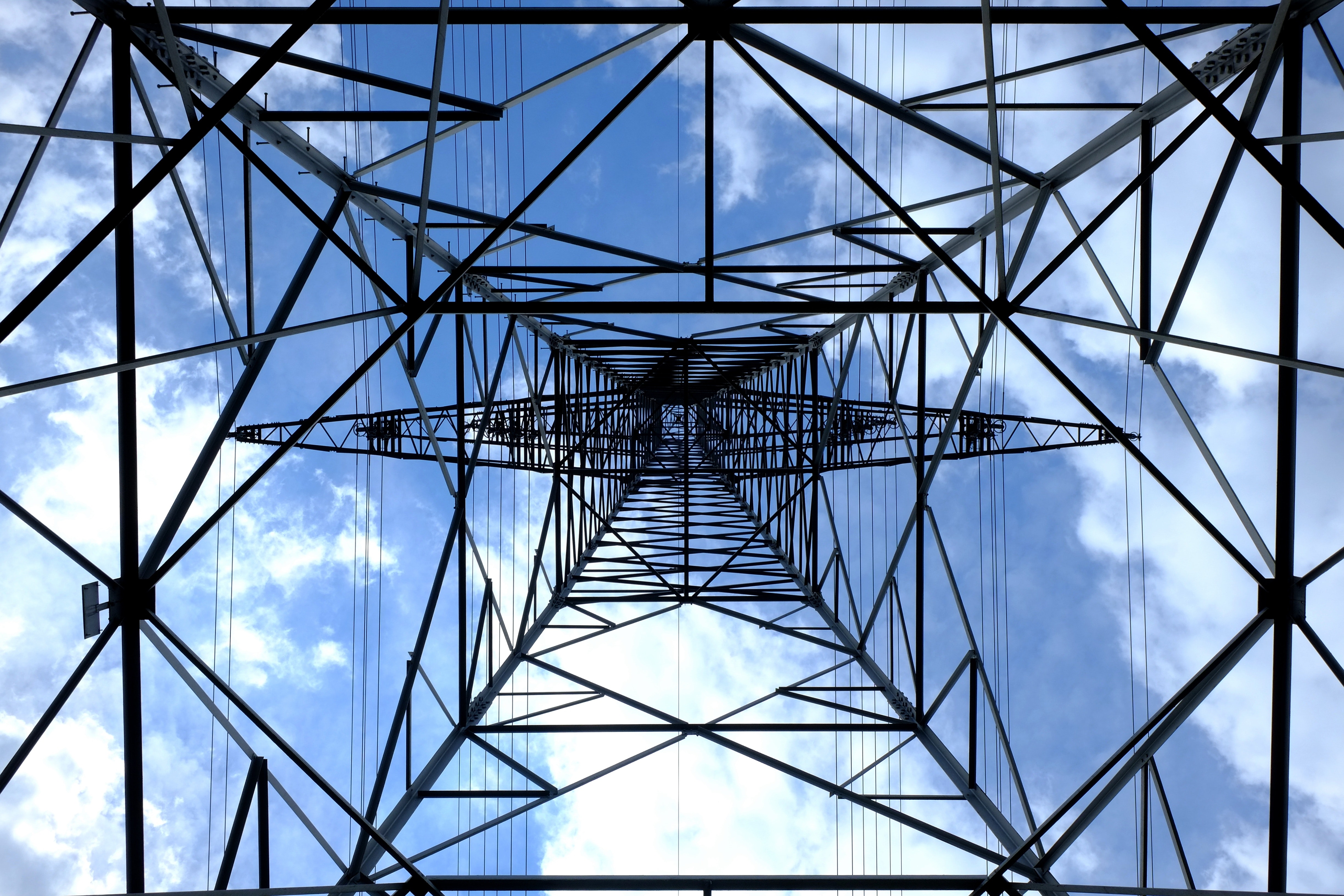
Case Study: Exploring Demand Side Response via the FRED Project
Overview
SPECIFIC works with companies with low-carbon technologies to help them gain valuable insight and performance data ahead of bringing the product to market.
The introduction of renewable energy and electric vehicles (EVs) has changed the energy landscape. Our existing grid infrastructure is under increasing strain, and as a result, we need look into smarter ways to manage how energy is used. The Flexibly Responsive Energy Demand (FRED) project was therefore established to explore Domestic Demand Side Response (DSR) and its place in a future, low carbon energy system.
DSR is an intervention to flexibly alter electricity consumption in real time to counteract stresses affecting electricity networks. While industrial DSR is reasonably well established (for example, from power stations), the opportunities for domestic DSR have not been fully explored. Using an intelligent system to adjust demand in real-time can benefit both the electricity network and consumers by:
- reducing consumption during times of stress on the electricity network, for example by switching off non-essential services
- reducing bills, by for example, using appliances when electricity prices are low
- optimising renewables, by for example, charging batteries when there is a lot of solar or wind energy.
While industrial DSR is reasonably well established, the opportunities for domestic DSR have not been fully explored. This is why Evergreen Smart Power, myenergi, GenGame, Energy Systems Catapult and SPECIFIC teamed up for this trial.
Over the course of 2019 and 2020, the FRED project demonstrated how Evergreen Smart Power’s Virtual Power Plant platform works with MyEnergi’s zappi and eddi devices to control domestic heating and vehicle charging in a way that benefits consumers and the grid. Over 250 existing myenergi customers from across the UK were recruited to take part in the trial.
Aims
- Test a range of management strategies to determine the optimal approach to maximising DSR capabilities.
- Obtain real world data to better gauge the potential of domestic DSR.
- Explore how best to reward customers for being more flexible in how they use energy at home.
- Measure consumer engagement against different approaches.
Impact
- Found that smart charging reduces the carbon footprint of car charging by over 20%.
- Found that smart charging directly reduces EV energy supply costs by 26%, with a further ~18% saving possible from flexibility revenues.This translates to an average value of £110 per customer per year. Further savings are possible with better incentive schemes: modelling predicts direct cost savings of 45% are achievable.
- Improved inderstanding of customer engagement. Customers were motivated by financial considerations, responded well to soft incentivisation and nudges, and will charge outside peak hours when given a good reason.
- Found that drivers are broadly supportive of the concept of smart charging, but are keen to have real-time visibility and the feeling of full control.
Active Buildings & DSR
SPECIFIC’s Active Building design principle integrates renewable energy technologies into buildings for heat, power and transport. It uses an intelligent system to control and release solar energy to wherever and whenever it is needed – within the building, to EVs or the grid.
The extensive systems and monitoring that we already have in the Active Office, combined with engaged users and a fleet of EVs, makes it an ideal place to trial the Virtual Power Plant platform and test different ways of controlling and modifying energy demand.
In a connected future, effective DSR will be essential.